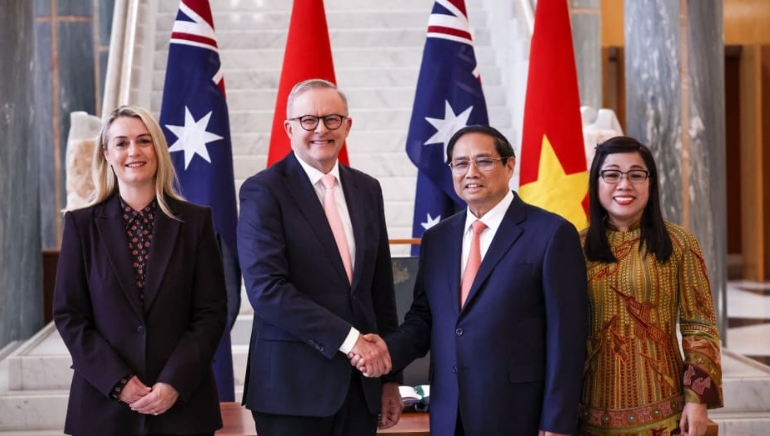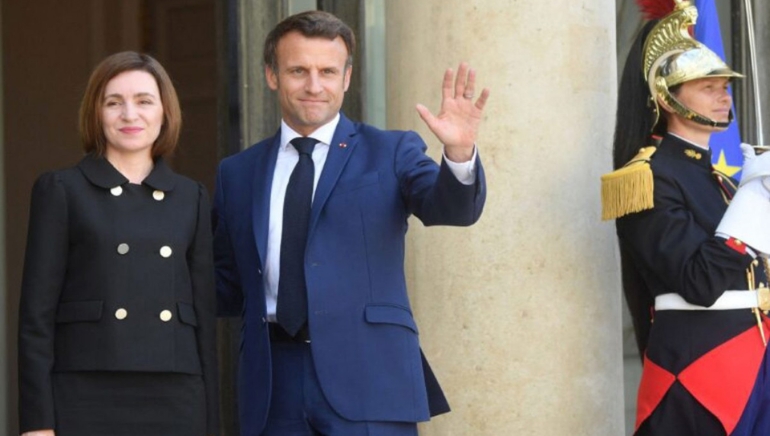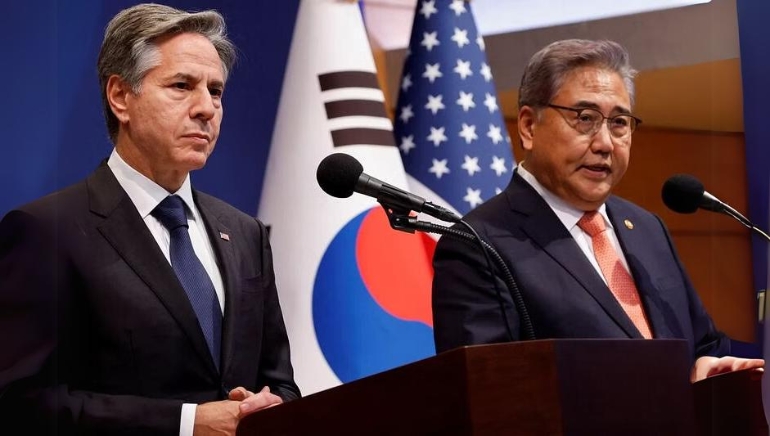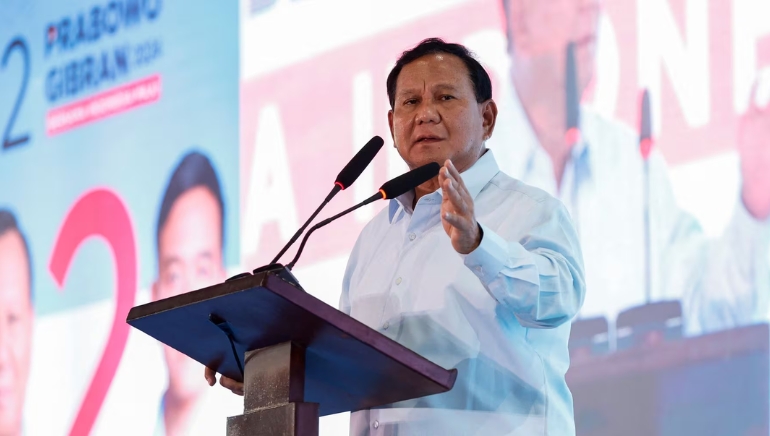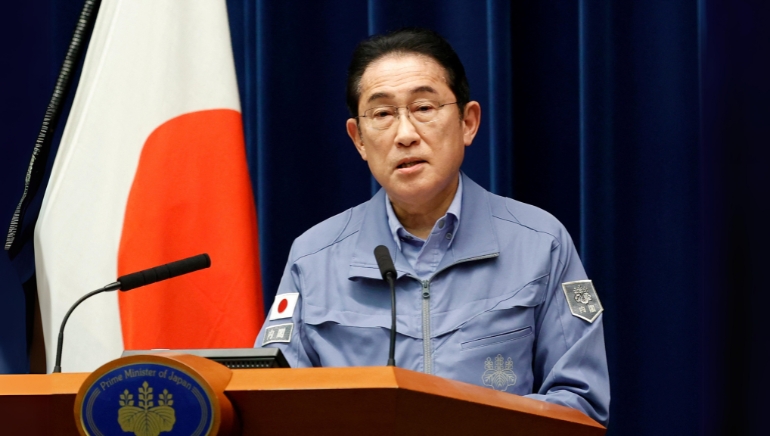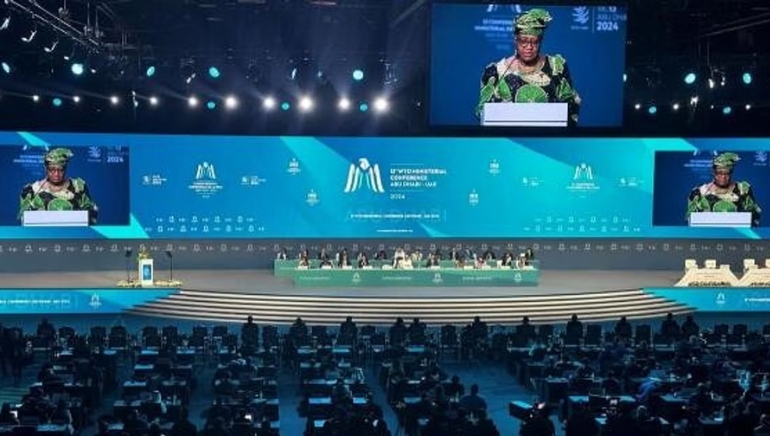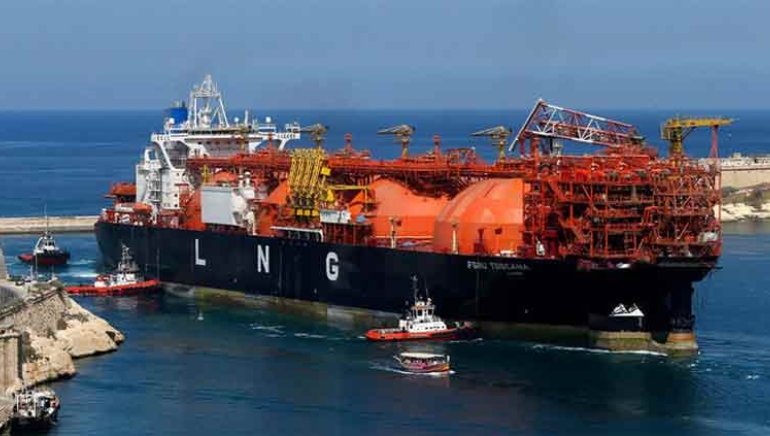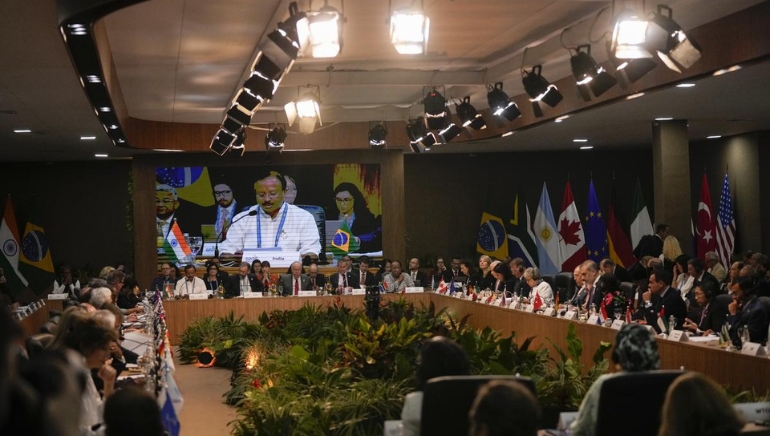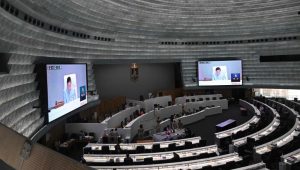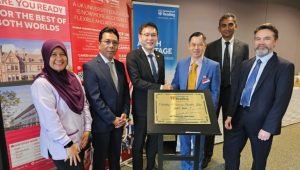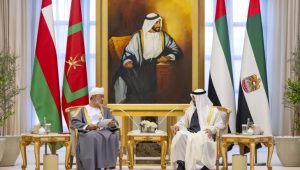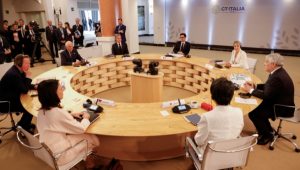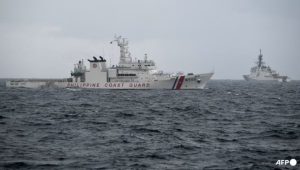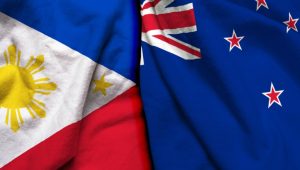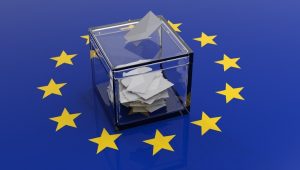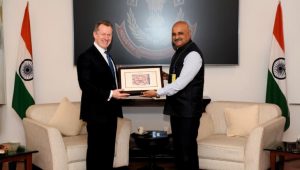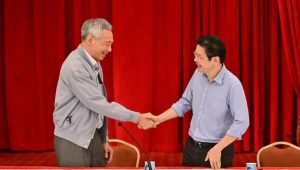Australia and Vietnam have elevated their relations to a comprehensive strategic partnership, aiming to diversify supply chains away from China. Australian PM Anthony Albanese announced the upgrade, reflecting Vietnam’s successful “bamboo diplomacy” amid global tensions.
The partnership emphasises cooperation in climate, environment, defence, security, and education, with both nations exchanging 12 cooperation documents across various sectors.
Australia, a major supplier of essential minerals, is interested in working with Vietnam, a country with substantial unexplored mineral resources. To enhance vital mineral supply networks, an annual ministerial dialogue on energy and minerals is organised.
Vietnam’s plentiful rare earth deposits are what draw Australian miners there. With Vietnamese partners, Blackstone Minerals Ltd. and Australian Strategic Materials conduct rare earth business; nonetheless, some are unsure because of legal concerns. Australia serves as a major coal supplier to Vietnam, meeting a significant portion of its power generation needs. Coal shipments from Australia to Vietnam rose by 17% last year, constituting 39% of Vietnam’s total coal imports.
Vietnam’s key partners now include Australia, the United States, China, India, South Korea, Japan, and Russia. The partnership upgrade and enhanced cooperation signify a significant step towards strengthening ties and fostering economic and strategic collaboration between the two nations.





